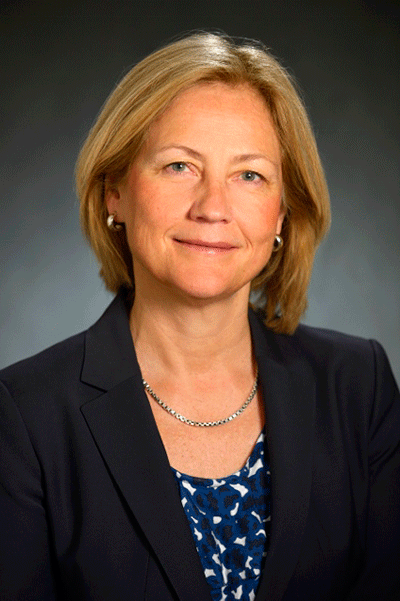Medication may allow children’s brains to develop normally even after they have suffered early-life seizures, according to new research.
The scientists found that early-life seizures prematurely switch on key parts of the brain. In turn, this could lead to further neurodevelopmental delay in children with autism.
But anticonvulsant drugs may keep these synapses ‘silent’ after seizures, the study found. This would allow the brain to develop normally during a critical time.

Professor Frances E Jensen: her team found anticonvulsant drugs may keep synapses “silent” after seizures to allow the brain to develop normally
Researchers at Penn Medicine, at the University of Pennsylvania, carried out the study.
Early-life seizures linked to autism
Scientists have linked seizures from epilepsy early on in life to autism.
Up to 40 per cent of children with autism have epilepsy.
Early development of the brain involves a series of ‘critical periods’ involving the gradual activation of synapses tied to learning and language.
Seizures can lead to problems with learning and thinking.
Professor Frances E Jensen is a professor of neurology in the Perelman School of Medicine and was the senior author of the research.
She said timing was important in preventing the turning on of synapses.
She said it must be stopped “right after the seizures and before a critical period of development in a child’s life”.
The researchers induced seizures in mice.
They found giving mice the anticonvulsant drug NBQX reduced the premature turning on of synapses.
The treatment also restored the patterns of synaptic activity tied to learning and memory.
Professor Hannah Cock is the clinical advisor for UK charity Epilepsy Action.
She said the research was limited by the fact it relies on mice born with normal brains before they were subjected to seizures.
This is “not the typical situation in clinical practice”, Cock said.
She said where epilepsy and autism coexist there may be structural brain abnormalities and genetic causes.
The researchers published their findings in the journal Cell Reports.
Related:
- Drug may stop seizures leading to autism
- Suffering from seizures? Log on for help
- Epilepsy may be treated with supplement
- Medpage launches epileptic seizure monitor
Published: 6 June 2018















